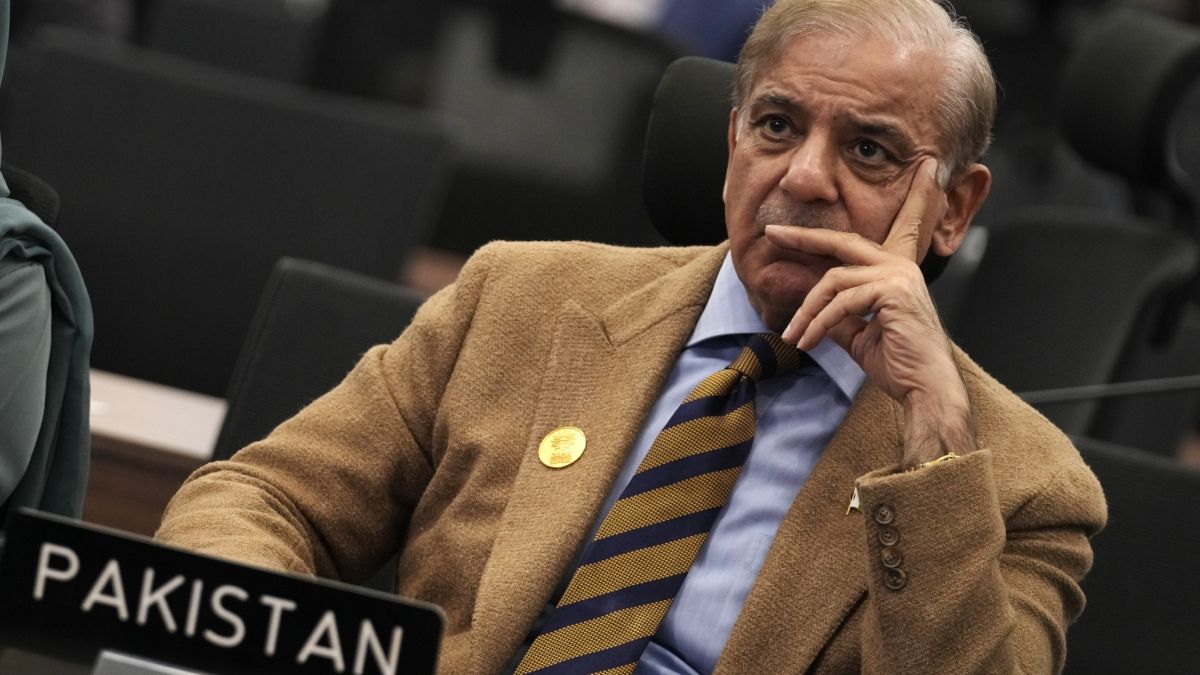Pakistan has finally reached a staff-level agreement with the International Monetary Fund (IMF) on a much-awaited $3 billion stand-by arrangement, providing a lifeline to the country on the brink of default. The deal, subject to approval by the IMF board in July, offers respite to Pakistan as it grapples with an acute balance of payments crisis and dwindling foreign exchange reserves.
The $3 billion funding, spread over nine months, exceeds Pakistan’s expectations. The country had been eagerly awaiting the release of the remaining $2.5 billion from a $6.5 billion bailout package agreed upon in 2019, which expired on the day the agreement was reached.
Finance Minister Ishaq Dar stated that Pakistan would receive the formal documents on the deal and promptly sign them. The initial disbursement of $1.1 billion is expected shortly after the IMF board’s meeting in July. Furthermore, the government aims to raise the central bank’s foreign exchange reserves to $14 billion by the end of July, signaling a shift toward economic growth.
The new stand-by arrangement builds upon the 2019 program and acknowledges the significant challenges Pakistan has faced, including devastating floods and commodity price hikes resulting from the war in Ukraine. The IMF statement noted that Pakistan’s economic growth has stalled, inflation is high, and foreign exchange reserves have declined to dangerously low levels. The liquidity conditions in the power sector remain critical.
The new IMF arrangement serves as a policy anchor and provides a framework for financial support from multilateral and bilateral partners in the coming period. It aims to stabilize the economy from recent external shocks, preserve macroeconomic stability, and create space for social and development spending through improved revenue mobilization and careful spending execution.
The IMF stressed the importance of steadfast policy implementation to overcome current challenges, including fiscal discipline, a market-determined exchange rate, further progress in energy sector reforms, and efforts to improve the business climate. The parliament’s approval of the FY24 budget aligned with fiscal sustainability goals and revenue mobilization was also highlighted.
The IMF commended the State Bank of Pakistan (SBP) for withdrawing import prioritization guidance and committing to maintaining a foreign exchange framework free of restrictions. It emphasized the need for the SBP to proactively address inflation and ensure a market-driven exchange rate regime.
The agreement with the IMF has been met with positive reactions from Pakistani officials and experts. Prime Minister Shehbaz Sharif expressed appreciation for the efforts made to secure the deal and thanked the IMF for their cooperation. Officials emphasized the importance of implementing comprehensive reforms to reduce dependency on multilateral lenders.
While the deal provides temporary relief and liquidity support, analysts caution that Pakistan must adhere to the tough spending promises outlined in the agreement. They highlight the upcoming general elections as a potential trigger for policy deviations. The successor government will likely need to negotiate a fresh, longer-term arrangement with the IMF to address the country’s protracted balance of payments and external debt repayment issues.
The IMF agreement is viewed as a major positive for Pakistan, reducing risks and uncertainties while restoring investor confidence. It opens doors for access to funding from other multilateral and bilateral partners. However, experts urge the government to use this opportunity to implement fundamental reforms, foster inclusive growth, address structural issues, and improve governance to ensure long-term economic stability.
Critics argue that the agreement represents a temporary solution rather than a comprehensive approach to Pakistan’s economic challenges. They emphasize the need for meaningful reforms and a more sustainable economic strategy to prevent future crises.
As Pakistan moves forward with the IMF arrangement, the success of its implementation will determine the country’s economic trajectory. It remains crucial for Pakistan to seize this opportunity to undertake necessary reforms and secure a more stable


